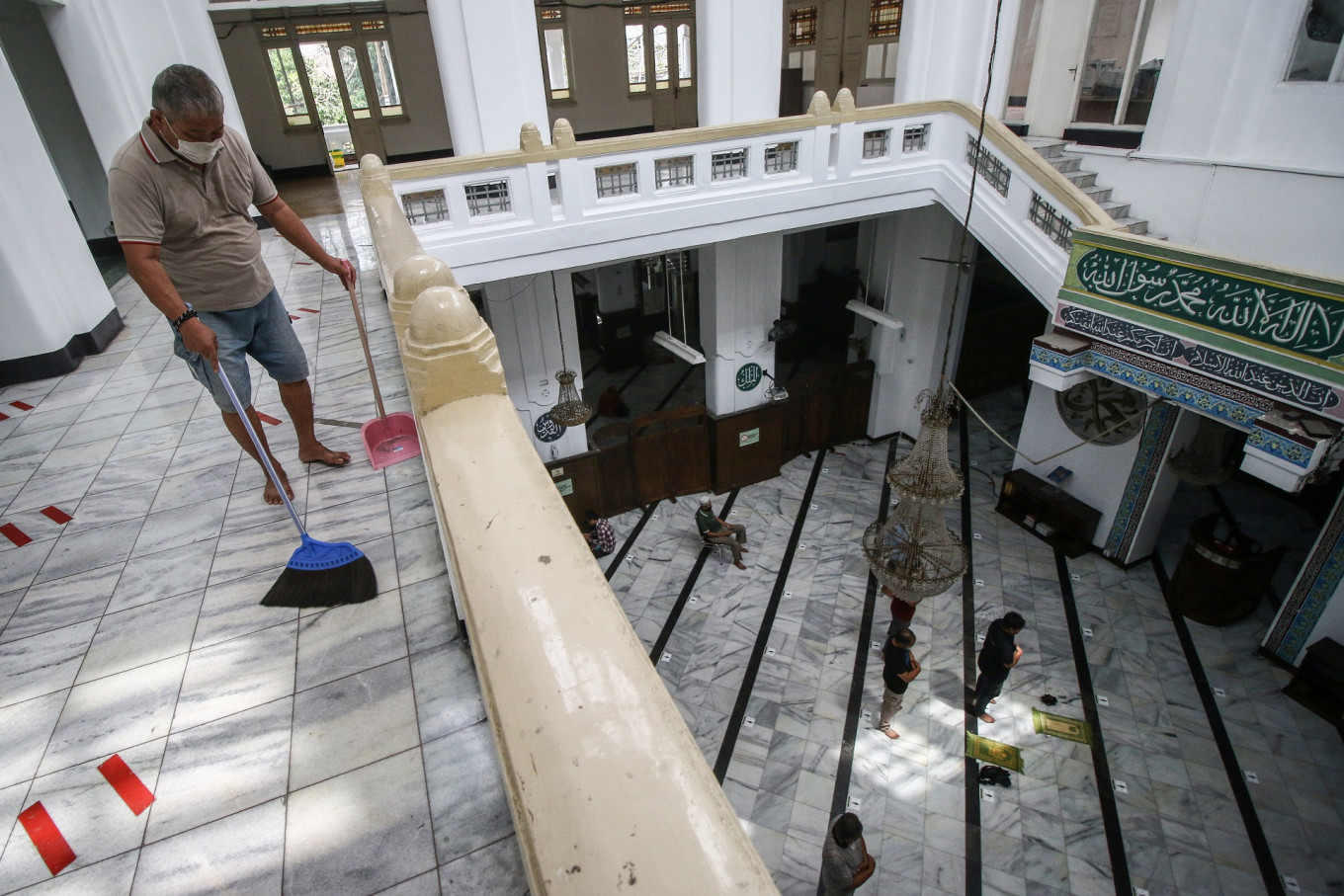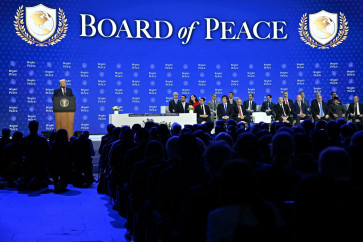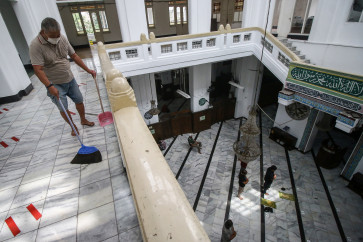Popular Reads
Top Results
Can't find what you're looking for?
View all search resultsPopular Reads
Top Results
Can't find what you're looking for?
View all search resultsJakarta Muslims enjoy relaxed rules in second Ramadan during pandemic
The Religious Affairs Ministry allows places of worship to operate at 50 percent of their capacity during Ramadan, giving Muslims an opportunity to perform congregational tarawih (Ramadan evening prayers) at mosques.
Change text size
Gift Premium Articles
to Anyone
M
uslims in Jakarta observe the second Ramadan during the COVID-19 pandemic under better circumstances than last year, as restrictions are eased following a drop in confirmed cases and the gradual rollout of vaccines.
Intan Almira, a 26-year-old pharmacist in West Jakarta, said it was a special eve of Ramadan on Monday as she was able to attend a sermon at a mosque in South Jakarta.
Prior to the pandemic, she used to attend sermons at the mosque twice a week, but when the COVID-19 outbreak hit the capital in March last year, the sermons and other congregational religious activities moved online to curb the transmission of the disease.
While listening to sermons from her home was comfortable, Intan said she missed the sense of community felt during religious services at mosques.
"Things are a little bit different now. Fewer people are attending the sermons compared to before the pandemic and we need to sit a few meters apart from each other and wear masks. But I’m glad things are starting to come back to normal,” Intan said recently.
Similarly, 31-year-old Sucipto said he could not wait to take part in the congregational tarawih (Ramadan evening prayers).


















